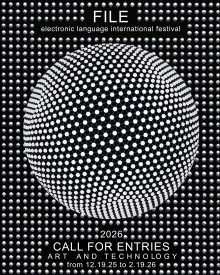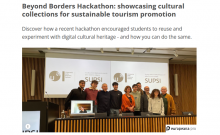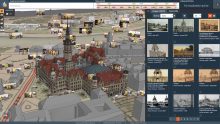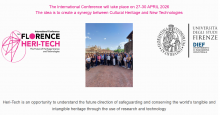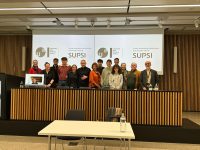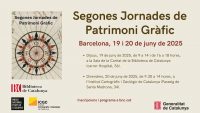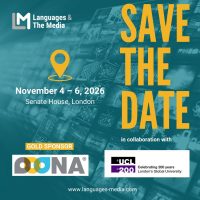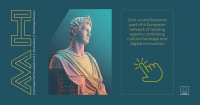AI will now be well-versed in cultural heritage due to a new EU-funded project called Saint George on a Bike. Composed of researchers from the Barcelona Supercomputing Center (BSC) and Europeana Foundation, the project has begun training natural language processing and deep learning algorithms in culture, symbols, and historical context with the aim of automatically generating rich metadata for hundreds of thousands of images from various European cultural heritage repositories.
Training AI to be aware of cultural heritage contexts is not as simple as teaching it to identify different objects in a picture. Saint George on a Bike is fine-tuning the algorithms so that it “thinks” in context and according to time parameters.
“The AI we are developing will be able to tell whether a painting shows Saint George on a horse or a bike,” said Maria Cristina Marinescu, senior researcher at BSC and coordinator of the Saint George on a Bike project. “This is not as easy as it sounds because the shapes are similar. By training it in various cultural heritage elements including the first appearance of the objects depicted and the period the painting is from, the AI algorithm would conclude that a 16th century painting of Saint George would logically depict a horse rather than a bike.”
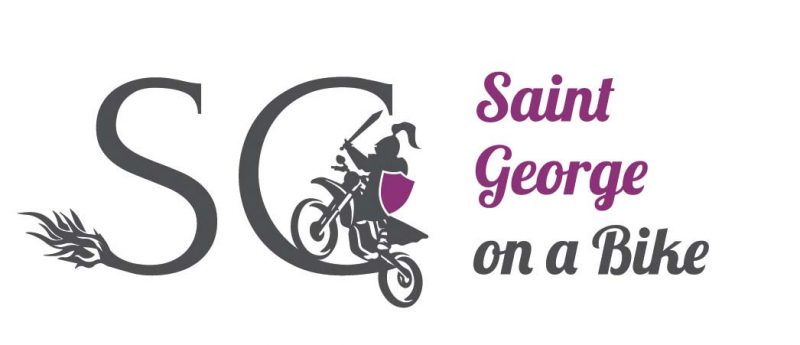
Of course, humans could analyse and add descriptive information to every painting manually. However, the sheer number of images that would need annotations make the size of the task unrealistic. BSC´s MareNostrum 4 supercomputer provides the compute power necessary to process large volumes of AI-created data for the automatic descriptions.
Researchers in digital humanities will be able to benefit from the project´s work by using the rich metadata for statistical and symbolic analyses, among others. It will also be useful for mapping events reflected in cultural artifacts, such as social movements and historical events.
There are also advantages for users of cultural heritage websites like Europeana, which will serve as the initial test-bed for the metadata enrichments generated by the project. Visitors will soon be able to expect a richer browsing and discovery experience when accessing their archives.
About Saint George on a Bike
Co-financed by the Connecting Europe Facility of the European Union, Saint George on a Bike´s main objective is to provide high-performance metadata enrichment capability by using HPC resources in the cultural heritage domain. The project runs from 1 September 2019 to 31 August 2022 with a budget of nearly €1.5M.
For more information
Visit the project website: https://saintgeorgeonabike.eu
Contact Rose Gregorio (BSC): rose.gregorio@bsc.es


